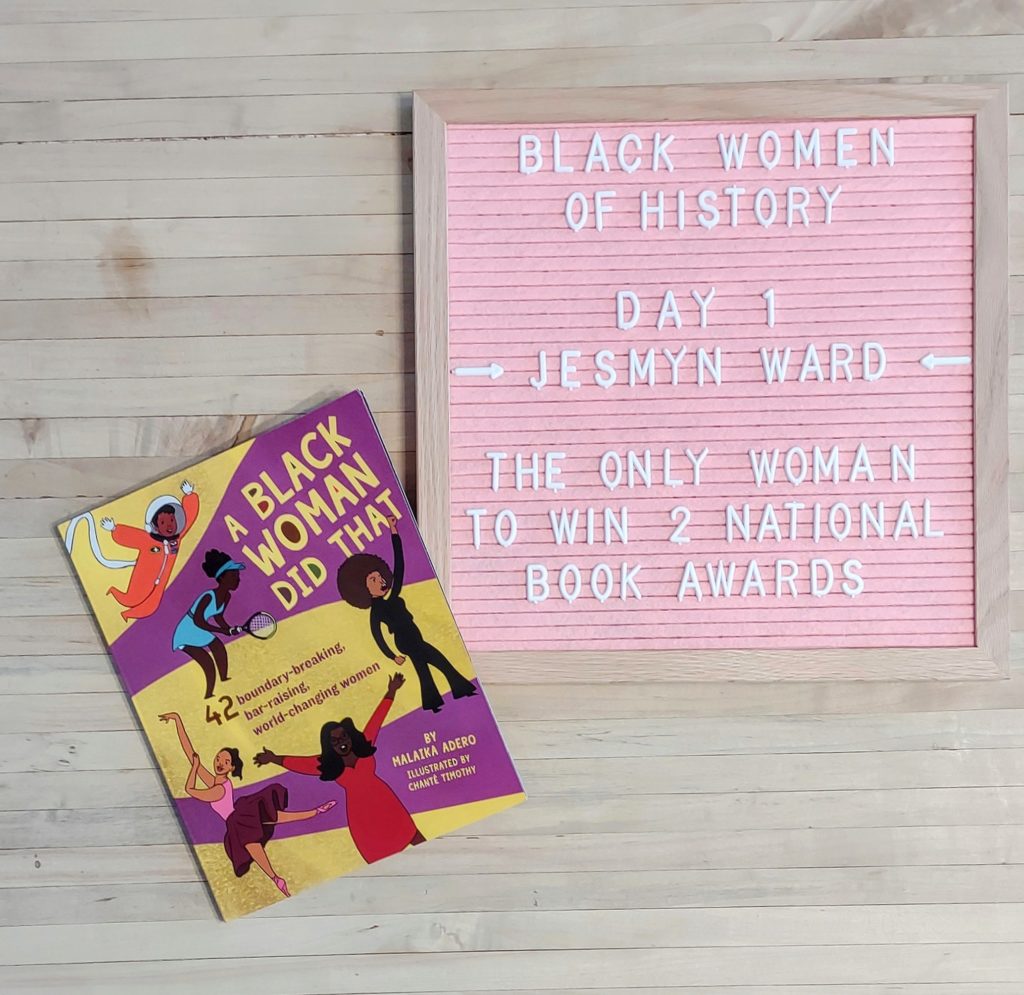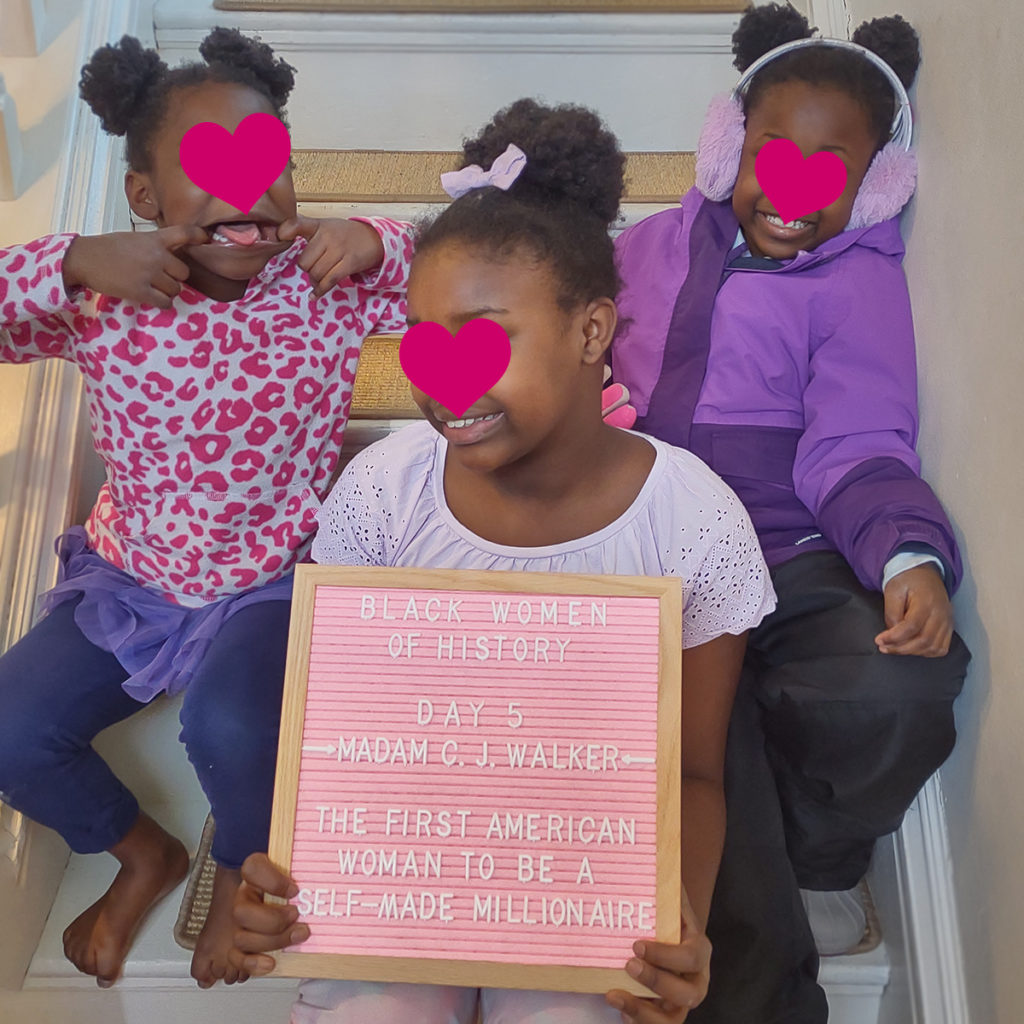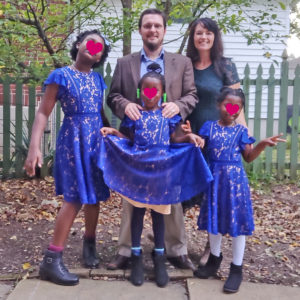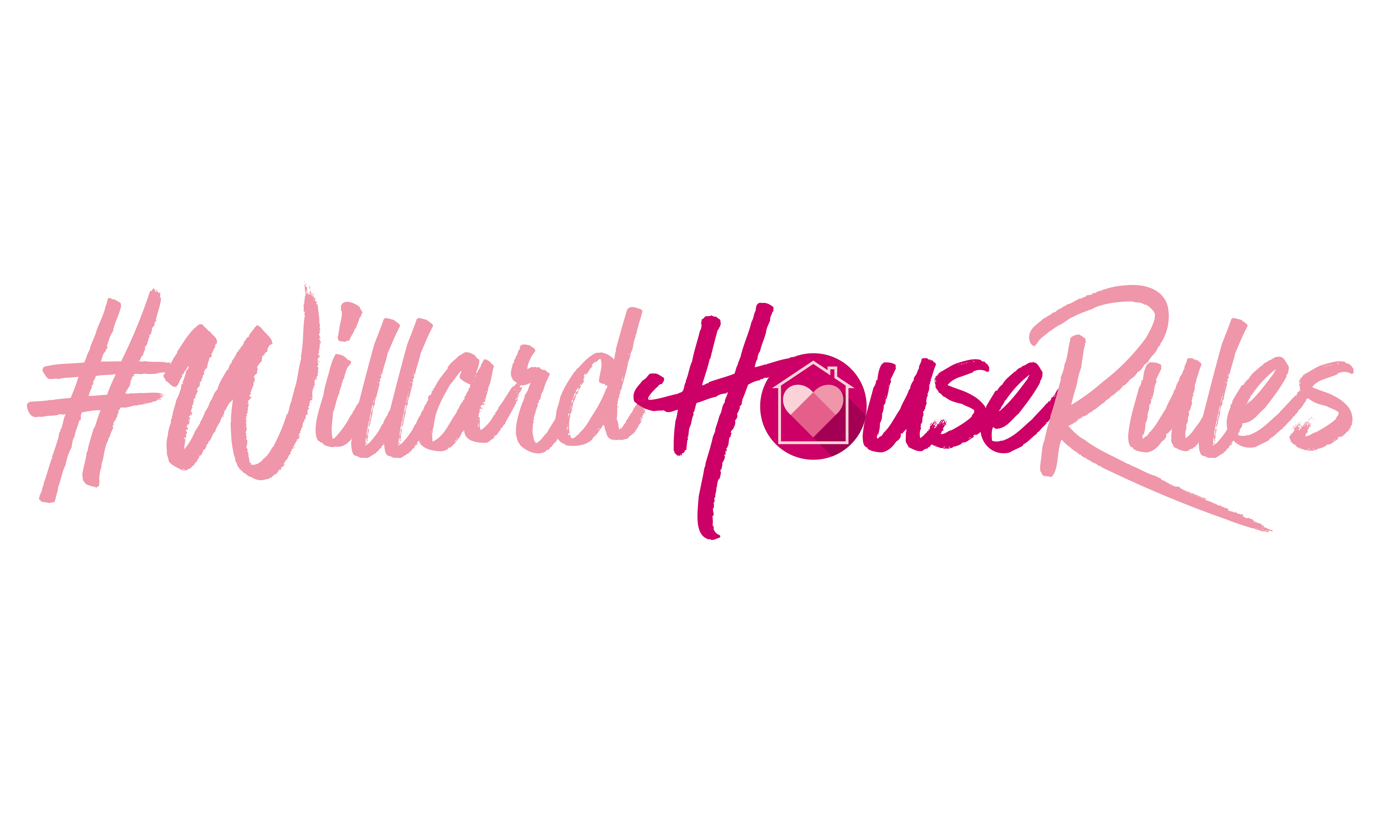During Black History Month, the Willard House is learning about the 42 women in the book A Black Woman Did That by Malaika Adero. We’re only a few pages into the book and already I’m learning about people I’ve never heard of, such as Patricia Bath. As we continue through Black History Month, I keep hearing and seeing the phrase, “black history is American history.” I’ve caught myself asking the question, is black history American history? Is that phrase true? Why am I even questioning this phrase since of course black history is part of American history?
At face value, there doesn’t seem to be anything wrong with saying that black history is American history. It feels inclusive. And aren’t we trying to be a more inclusive society? But when I see phrases being used in certain news outlets and media outlets, I question what it is that we’re actually saying with the phrase. I also begin to question if we (us white people) are co-opting phrases.
When we say black history is American history, what do we mean? Do we mean that are we simply learning about black history in America? Are we using a lens in which we see black history beginning with slavery and ending in the civil rights era? Does this phrase simply elevate black persons who were able to achieve greatness against all odds? Are we celebrating accomplishments over people? Are we inserting black persons into American history instead of telling the fuller story of black history in America?
Teaching black history as a white parent to black children
Part of my struggle with this phrase and Black History Month in general is knowing how to present and share black history with my three girls. Let’s be real- although my family lives in a neighborhood that is socio-economically diverse, the vast majority of people in our neighborhood are white. My girls have plenty of BIPOC kids in their class but not teachers or leaders in their school. I have to be intentional about having my kiddos in spaces where there are black adults. I want them to know that black people are leaders and that black persons are involved in every part of society.

As my girls learn about black history, I want my girls to have a full view of black history and black culture. Another struggle is this: as we read A Black Woman Did That, my girls are learning that they can do great things. They’re learning about inventors, scientists, artists, entrepreneurs, and many other women who were the first to accomplish something in their field. Don’t get me wrong: my girls need to hear this. They need to see themselves represented as leaders, inventors, scientists, etc. But if the only part of black history that they’re learning is that of accomplishment, will my girls hear that they have to do something great in order to be of worth?

Will my girls think that their worth is found in what they do instead of who they are?
Perhaps that’s one reason I struggle with the phrase black history is American history. We talk about how people came out of slavery (Harriet Tubman, Nat Turner, Booker T. Washington), how black persons invented things that changed the world (George Washington Carver, Patricia Bath), and how black persons led the way in civil rights (Martin Luther King Jr., Claudette Colvin, Rosa Parks). Those things need to be shared and celebrated. But what about everyday black culture? What about black joy? What about black struggle? Are we telling the story of America through the black experience or through a white lens?
This article does a great job of tackling these thought-provoking questions- “Black History is Not American History: Toward a Framework of Black Historical Consciousness” by Dr. LaGarrett J. King, professor at the University of Missouri. It’s worth your time to read the 6 page article.
Black history is American history
There’s so much to unpack and think through in this seemingly simple, inclusive phrase. Perhaps black history is American history. Maybe when most people say black history is American history, they are being inclusive. Maybe this phrase is inclusive. Perhaps there nothing wrong with saying black history is American history.
But for me, the bigger question is, how do I teach my girls about black history? Am I teaching them about black history from a white lens or am I putting them in spaces where it’s being shared through a black lens? Are they learning from a black experience?
As a white parent to black kids, it’s complicated. But life is complicated. Our country’s history is complicated, complex, and multi-dimensional. People are complicated, complex, and multi-dimensional. Black history month is a great time for us to learn more about the full experience of black history. And I’ll continue to do my best in sharing black history through the lens of black persons with my girls, as I pray that they learn that their worth is found in being human and not in their accomplishments.

Front row: MW (7), SW (5)
Life forever changed for Chris and me in May 2017 when we became a family of five. We are forever learning how to be parents, support our daughters, and navigate this thing called life as a transracial family through adoption.
We’d love to have you on this journey! Subscribe to the blog to learn when a new blog post is up, how we navigate being white parents to black children, and parenting tips discovered along the way.

